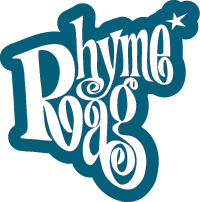Colm Keegan is an award-winning writer and poet from Dublin. He judges the Waterford Poetry Prize and was guest editor of Poetry Ireland Review in 2022. His debut collection “Don’t Go There” was released to critical acclaim and his latest collection “Randomer” is available from Salmon poetry.
His first full-length play “For Saoirse” was staged in Axis Theatre and shortlisted for the Fishamble New Writing award and his short play “Something Worth Saying,” commissioned for the Abbey Theatre and starring Owen O’ Roe, was called ‘exquisite and devastating’ by reviewer Emer O’ Kelly.
He has developed numerous creative writing projects for schools & organisations across the country including South Dublin Epic and Inklinks.
Writing Home, an initiative he developed in partnership with Kilkenny County Council, to support homeless service users through the pandemic, won a LAMA award for best education initiative.
He was a co-founder of Lingo, Ireland’s first Spoken Word festival and has been awarded several residencies including the LexIcon, Ireland’s largest public library. He is currently an Artist in Residence with Dept of Education at Maynooth University.

